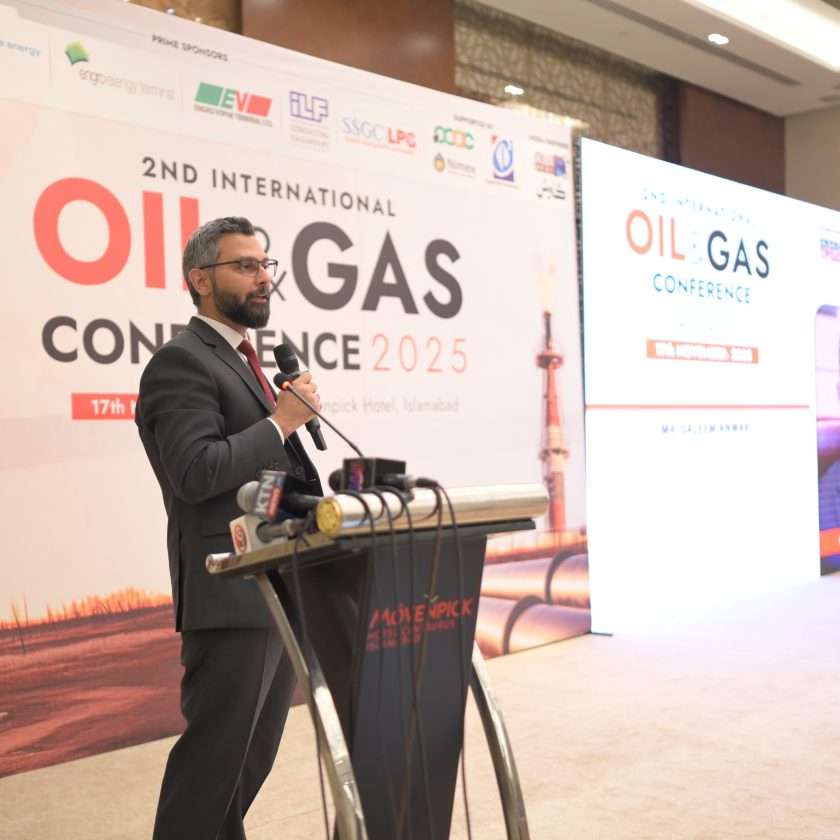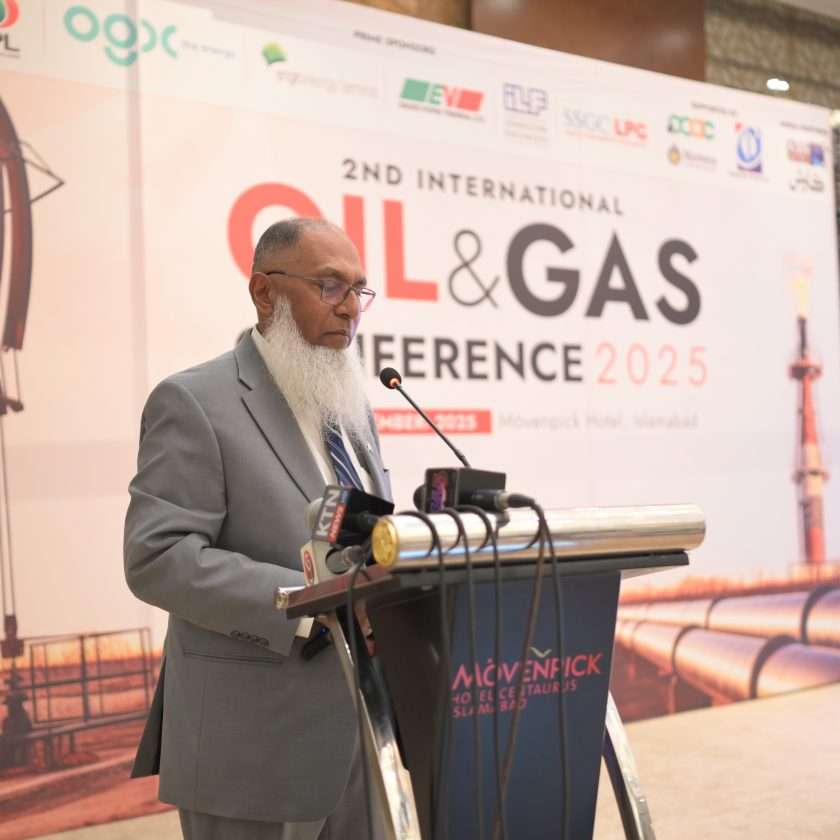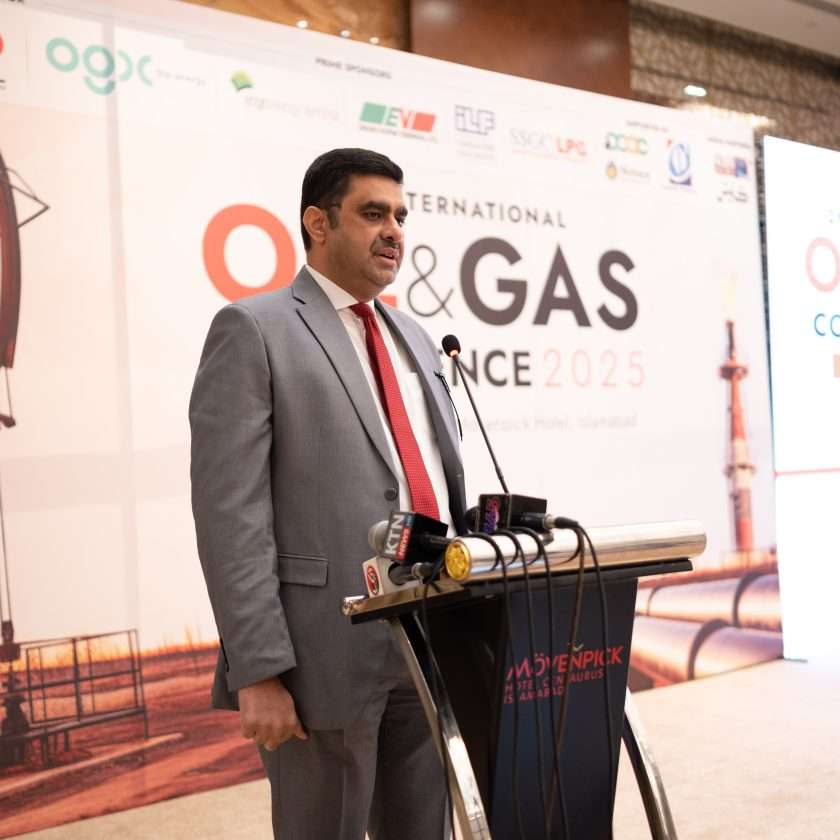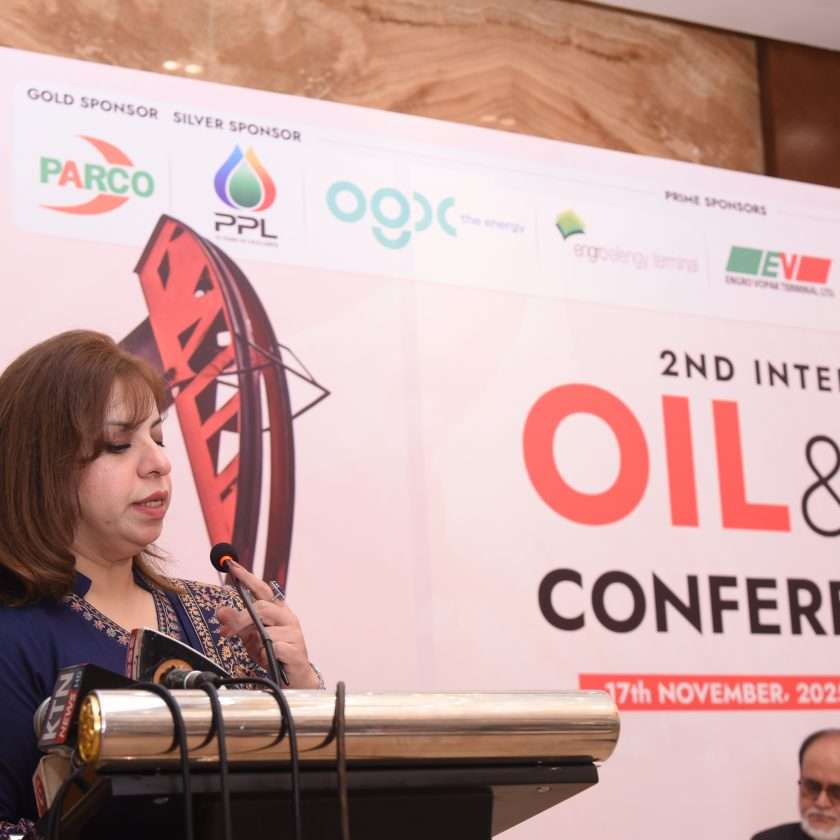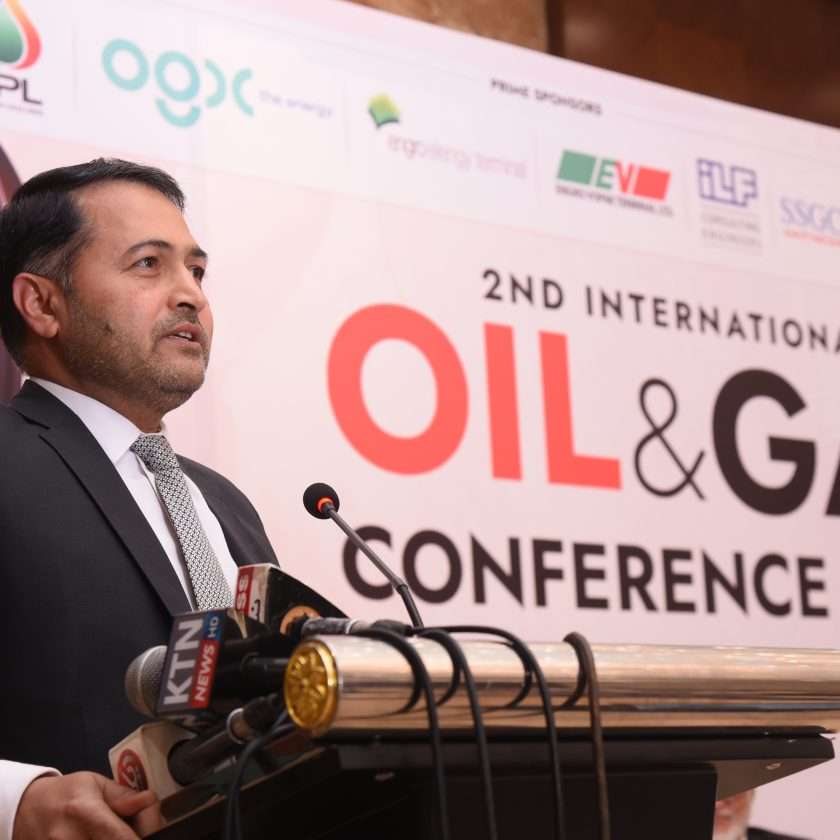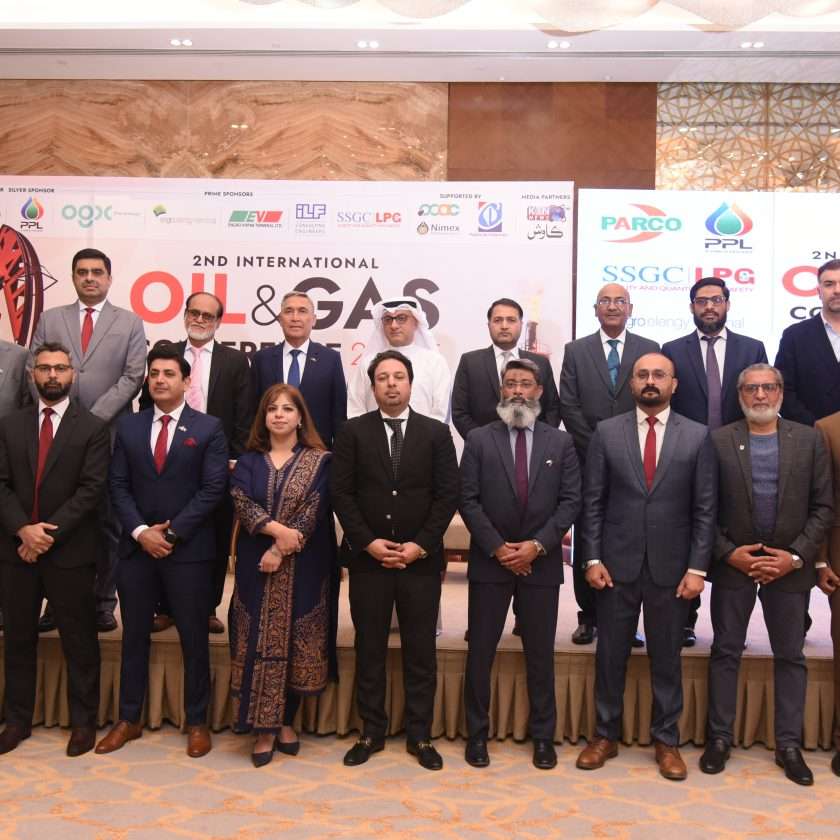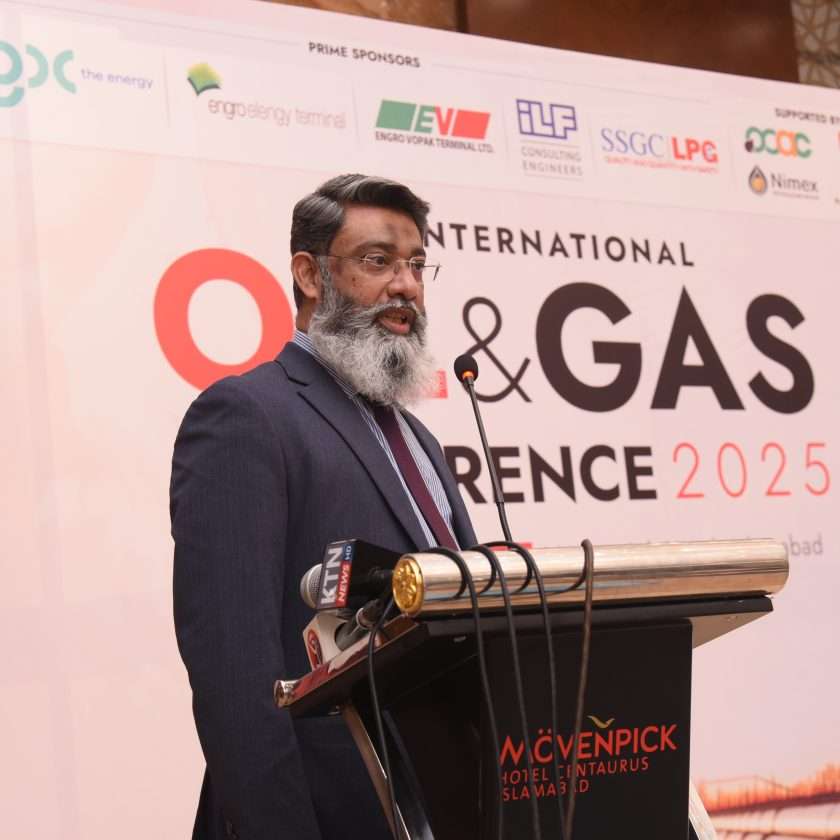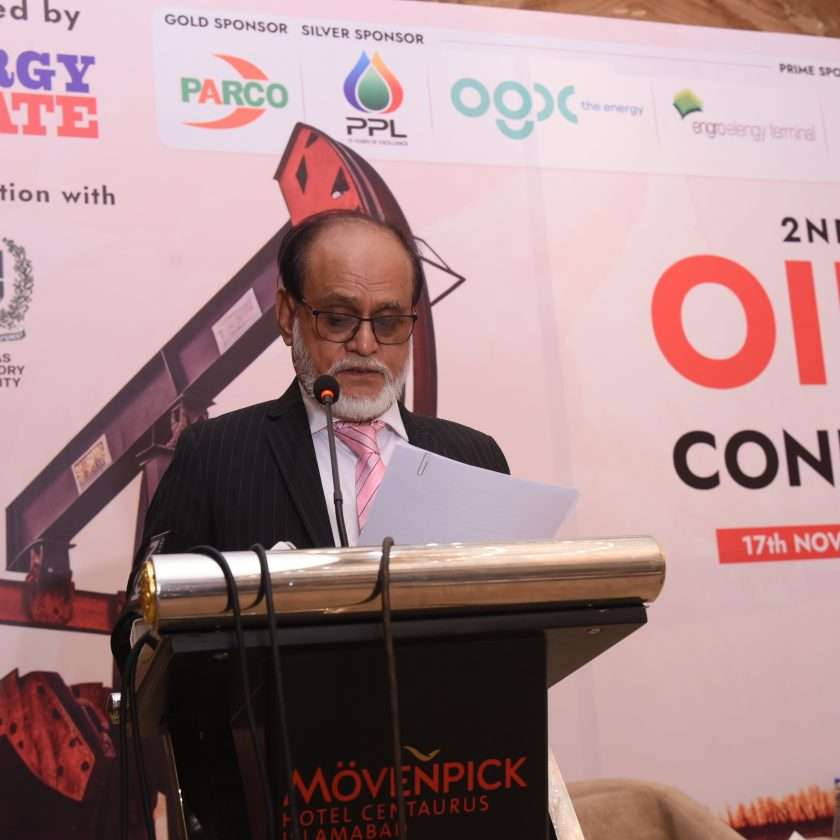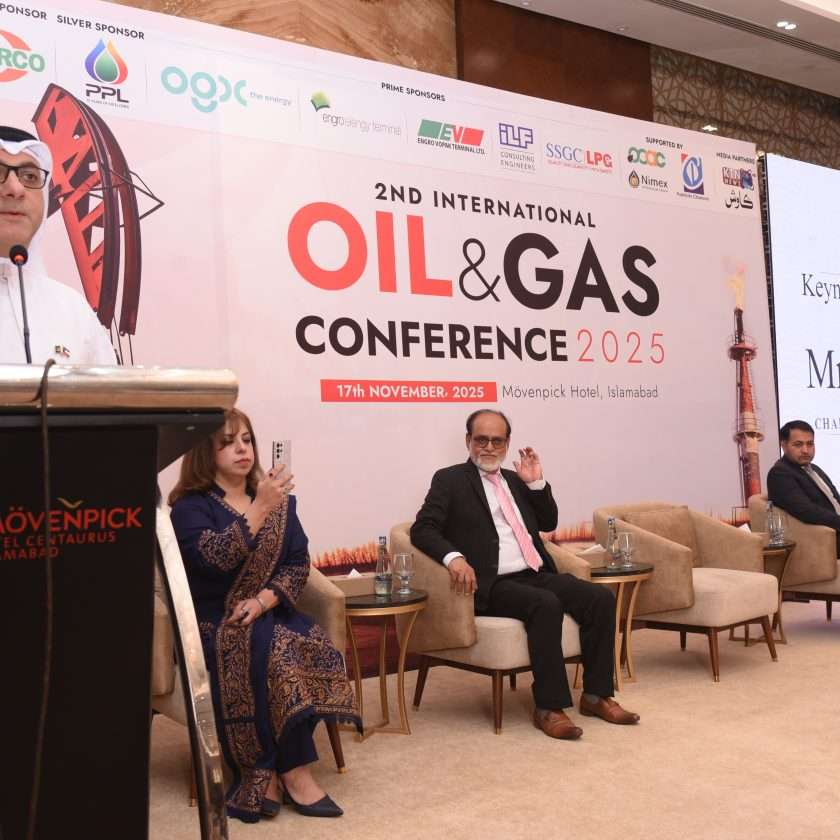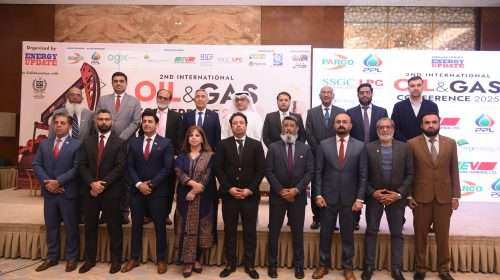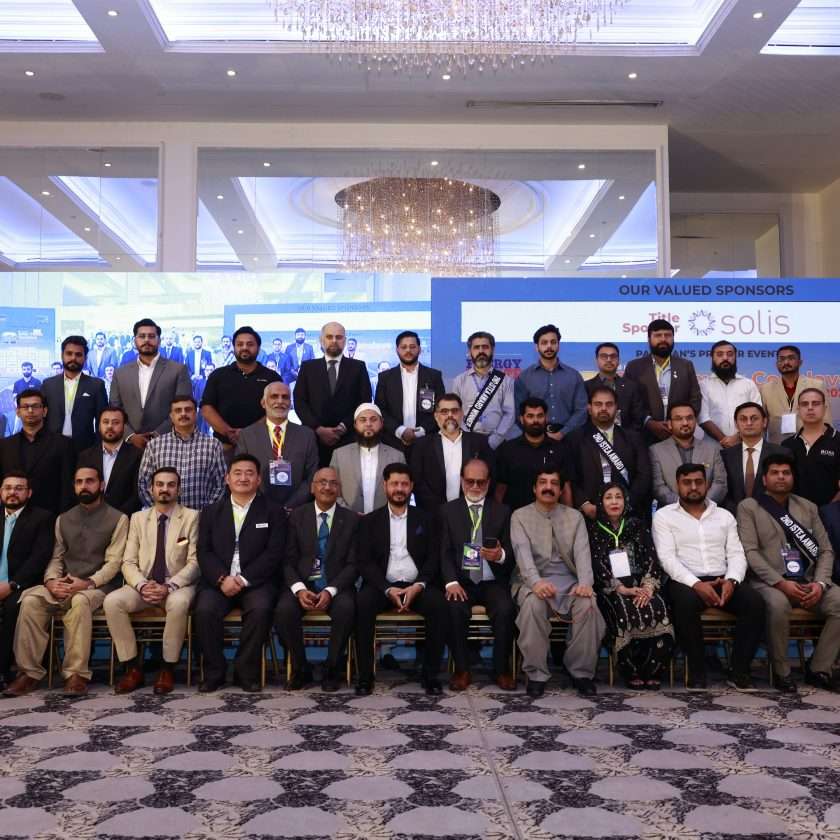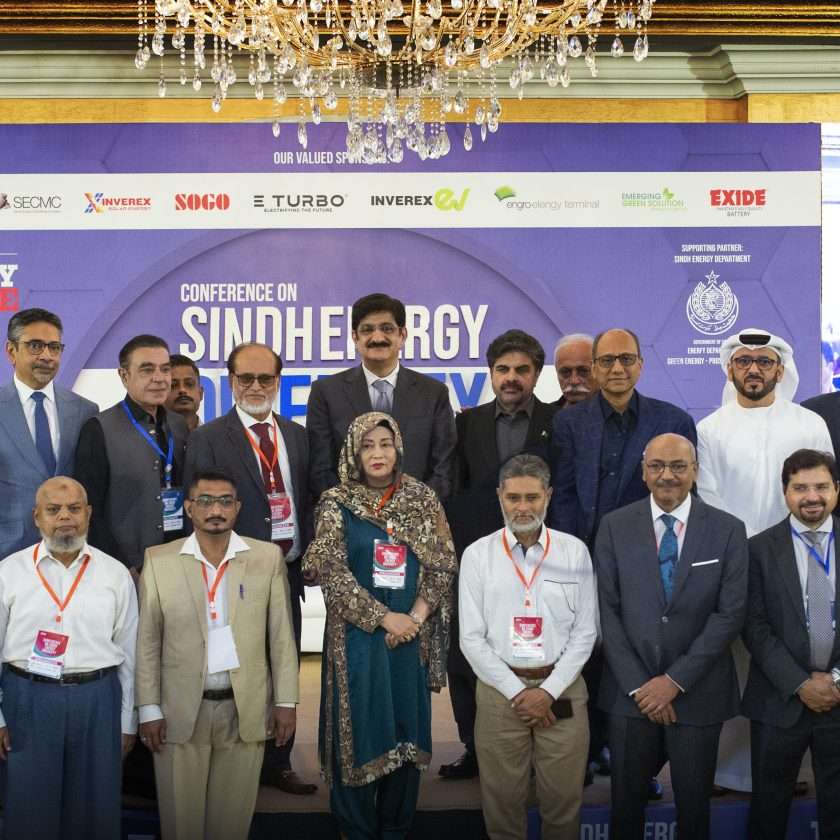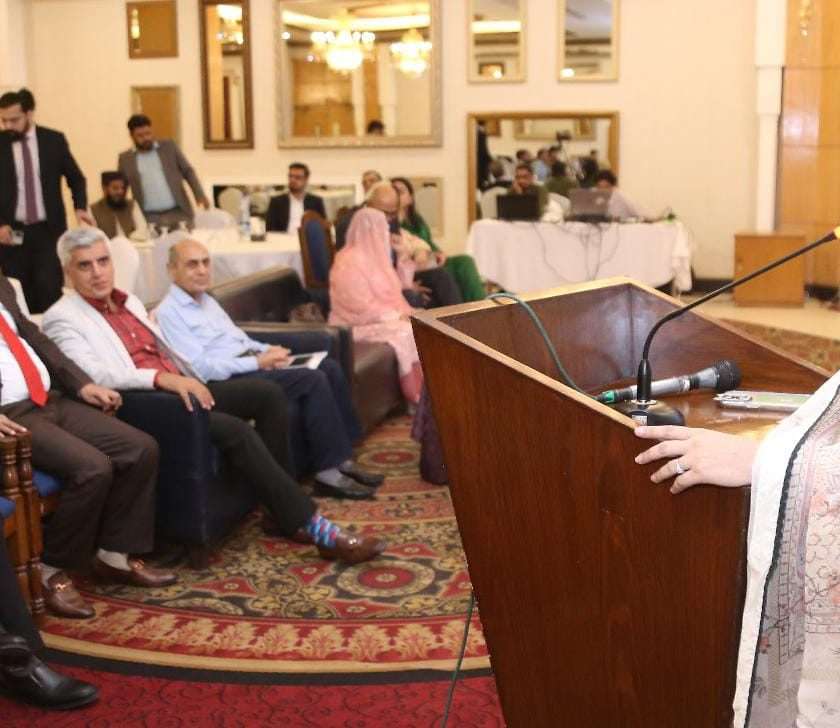At the 2nd International Oil & Gas Conference 2025, experts declare AI as Pakistan’s last Hope for energy security
How artificial intelligence may finally unlock Pakistan’s hidden reserves—and rescue its fragile oil and gas sector
Pakistan’s energy challenges have long been defined by inconsistency, underperformance and unrealised potential. At the 2nd International Oil and Gas Conference 2025, organised by the monthly magazine Energy Update in Islamabad, this familiar narrative was challenged with a new, urgent proposition: that artificial intelligence is not merely another tool in the global technological race, but the single most transformative opportunity Pakistan possesses today to break out of its perpetual energy crisis.
The conference, held in partnership with the Oil and Gas Regulatory Authority (OGRA), gathered policymakers, multinational companies, exploration specialists, economists and academics who presented a sobering yet hopeful assessment of the nation’s energy future.
The discussions opened with a stark reminder from Ali Taha Al Temimi, Country Manager of Kuwait Petroleum and also the keynote speaker at the conference, who highlighted that Pakistan’s domestic gas production—presently capped at around four billion cubic feet per day—has fallen dramatically short of actual demand.
He warned that the nation now stands on the wrong side of a widening energy deficit that has already manifested in rolling shortages, industrial stagnation and rising dependence on expensive imported fuel.
Pakistan’s energy profile today is marked by dwindling reserves on one hand and rapidly expanding consumption on the other, a contradiction that, according to Al Temimi, could become catastrophic if not tackled with both urgency and strategic depth.
Yet beneath this bleak reality lies a vast, largely unknown geological story. Al Temimi explained that Pakistan’s subsurface holds immense quantities of hydrocarbons—ranging from billions of barrels of oil equivalent in mature basins to sizeable quantities of tight and shale gas, particularly in the Lower Indus Basin. Offshore, the potential is even more striking. Despite possessing an oceanic territory of over 282,000 square kilometres, Pakistan has drilled only eighteen wells in its entire history, an astonishingly low figure when compared with nations that have far smaller offshore regions. Preliminary assessments suggest that the Arabian Sea off the Pakistani coast could contain between six and seven billion barrels of oil equivalent. A single successful offshore discovery, he argued, could alter Pakistan’s economic trajectory in much the same way that Namibia’s recent offshore breakthrough suddenly turned the African nation into one of the most watched exploration frontiers in the world.
But the crucial difference between past efforts and the possibilities emerging now lies in technology. AI-driven seismic imaging, machine learning–based geological interpretation and digitally enhanced reservoir modelling have revolutionised how modern exploration is conducted. Where past exploration efforts were limited by the inability to visualise deeper or more complex stratigraphic layers, AI can synthesise vast volumes of geological data in minutes, detect subtle patterns imperceptible to the human eye, and reduce the risk and cost of drilling. At the conference, industry leaders repeatedly stressed that this technological leap represents the most viable path for Pakistan to overcome decades of missed opportunities. Conventional exploration techniques, once seen as adequate, are now regarded as outdated in a world where digital models routinely identify prospects that twentieth-century methods would never have revealed.
Speakers from Pakistan Petroleum Limited, PARCO, Attock Refinery and other major players emphasised that the global energy landscape has already embraced this technological transformation. Countries with far less promising geology than Pakistan have struck significant reserves because they modernised their exploration frameworks. Pakistan’s geological assets, they noted, remain among the most promising in South Asia and the Middle East, but will continue to remain dormant unless cutting-edge technology is deployed.
This argument, however, cannot be separated from the structural instability plaguing Pakistan’s oil and gas sector. Throughout the sessions, experts described a sector weighed down by chronic underinvestment, regulatory uncertainty, erratic planning and the financial distress of distribution and exploration companies. Slow government approvals have discouraged global investors, while inconsistent policies have eroded confidence among domestic companies. The sector also remains burdened by a monumental circular debt crisis, which has crippled operational capacity at various levels of the energy chain. The combined effect of these weaknesses has been a steady decline in exploration activity, a growing inability to maintain existing fields and an overdependence on imported energy.
The contradictions within Pakistan’s LNG policy were also laid bare during a special panel moderated by Moin Qazi of Nimex Petroleum Group. Energy specialists recounted how Pakistan, in a bid to end its power crisis, invested heavily in establishing LNG-fired power plants, particularly in Punjab. However, as indigenous resources such as Thar coal became more accessible, many of these LNG-based plants became underutilised. At the same time, Pakistan continued importing costly RLNG, even though industries that could have benefited from this gas struggled to access it due to policy hurdles. The panellists stressed that this mismatch between supply, demand and regulatory design reflects deeper structural issues in the energy system. They urged the government to rationalise LNG policy, ensure an uninterrupted gas supply to industries and align LNG import decisions with economic realities.
In another segment, the panellists focused on the importance of LPG as a lifeline fuel for remote and rural communities that cannot be connected to pipelined natural gas. They highlighted that millions of households rely on LPG for heating and cooking, particularly during harsh winters. However, weak enforcement of safety rules, inconsistent supply patterns, market manipulation and inadequate transportation standards have created serious risks for consumers. The speakers called for a more disciplined regulatory framework to ensure that LPG remains safe, affordable and reliably available to the people who depend on it the most.
Representing the government, Joint Secretary Petroleum Shehbaz Tahir outlined ongoing reform measures, including improved LNG connectivity and Pakistan’s collaboration with Azerbaijan on the White Oil Pipeline project. While acknowledging the challenges, he reiterated the government’s commitment to stabilising the sector and improving investor confidence. Industry stakeholders cautiously welcomed these steps but maintained that significantly deeper reforms will be required to restore long-term stability. They argued that Pakistan must fast-track exploration approvals, craft competitive fiscal terms for investors, and insulate long-term policies from political volatility if it hopes to revive interest from global exploration companies.
In his welcome remarks, M Naeem Qureshi, Managing Editor of the monthly Energy Update, emphasised the publication’s nearly two decades of work in fostering dialogue, awareness and innovation within Pakistan’s energy sector. He thanked partners, including OGRA, OCAC, Nimex Petroleum Group, PARCO, PPL, OGDCL, Engro Vopak Terminal, ILF Consulting Engineers and SSGC LPG for supporting the conference. Qureshi noted that Energy Update has sought to create a neutral platform where experts, policymakers and investors can candidly address Pakistan’s energy challenges and chart a path forward.
As the conference drew to a close, its core message became increasingly clear. Pakistan stands at a critical juncture where the energy deficit is widening at a pace faster than the country’s ability to respond. Population growth, industrial demand and rising urbanisation are exerting enormous pressure on an already strained system. Without swift action to modernise exploration strategies, attract global capital and restore stability, the nation’s energy future will become even more precarious.
Yet the discussions were not merely a catalogue of problems. They also presented a roadmap for how Pakistan could emerge from its recurring crises. The integration of AI into exploration strategies offers the possibility of finally identifying the deeper, more complex reservoirs that have eluded discovery for decades. Offshore drilling, powered by modern imaging and modelling technologies, could open new chapters in Pakistan’s energy history. With consistent policies, transparent governance and investor-friendly terms, the sector could evolve from instability to resilience.
The Islamabad conference served as a powerful reminder that Pakistan’s natural hydrocarbon wealth—both onshore and offshore—is not a barrier. The barriers lie in governance, planning, investment and technology adoption. AI provides an unprecedented opportunity to overcome these barriers, but real transformation will require political commitment and institutional confidence. If Pakistan pursues this path, it could unlock the vast energy reserves that have been waiting beneath its soil and seas for generations. If it hesitates, the costs—economic, social and strategic—may be severe and long-lasting.
The conference featured presentations by senior professionals, including Arshad Palekar, General Manager of Exploration and Core Business Development at Pakistan Petroleum Limited, Sohail Hashmi, Head of Exploration at Pak Arab Refinery Limited, and Saleem Anwar, General Manager at Attock Refinery, who discussed refinery challenges, supply pressures, and the need for new exploration.
Apex Energy Chief Executive Raziuddin Razi and Barrister Sarah Kazmi also addressed the gathering.
The participants of the panel discussion of the conference included Rahil Ihsan Patafi from OGRA, Jawwad Ali Khan from SSGC LPG, Shaher Yar Bhatti of Kuwait Petroleum, Irfan Khokhar, Chairman of the LPG Distributors Association, Zain Ul Abdiden, Member Oil OGRA, Khalid Mustafa, senior journalist of the energy sector, Nadeem Ashraf and Halima Khan.
